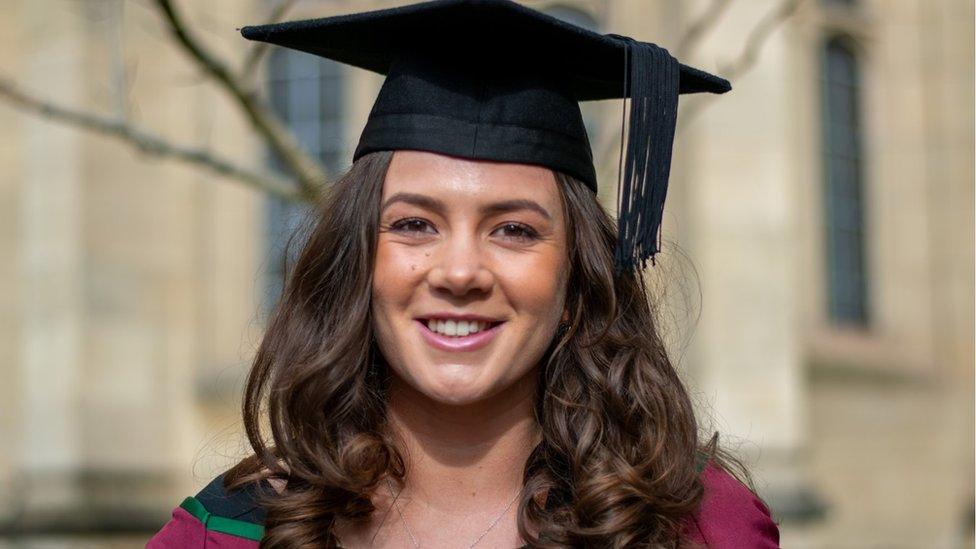Honorary degrees awarded to key city figures
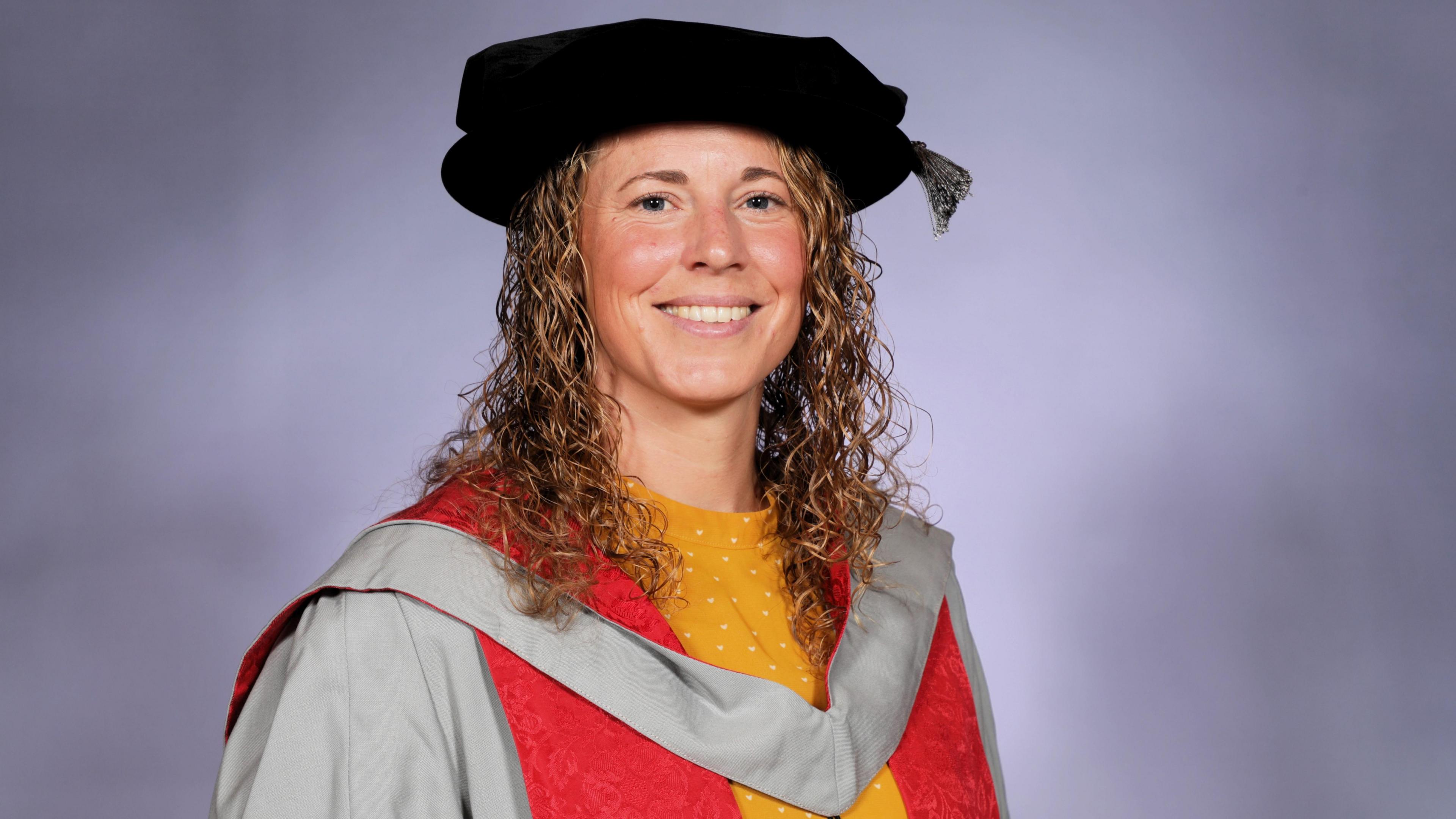
Amber Reed received an Honourary Master of Science
- Published
Honorary degrees have been awarded to people who have made significant contributions to the city of Bristol.
Amber Reed, Levi Roots and Guy Bailey OBE were awarded for the contributions in their respective fields by the University of the West of England (UWE).
Clare Reddington, Jeremy Wright, Louise Mitchell, Robert Channon, Rosa Hui and The Rt Revd Vivienne Faull were also recognised.
The fortnight of ceremonies began at Bristol Beacon on 15 July and ends on Thursday.
Amber Reed, co-captain for Bristol Bears Women's rugby team, was awarded an Honourary Master of Science for her work to tackle the stigma around mental health within sport.
Throughout her career - which has spanned 15 seasons as well as 67 caps for the Red Roses - Reed has suffered multiple injuries, which has had a knock-on effect on her mental health, something she has spoken openly about.
She was also appointed as an ambassador for Looseheadz, a mental health organisation which aims to promote conversation within sport.
'Embrace the journey'
“I have never been one to actively seek the limelight or recognition," she said.
"If sharing my story helps just one person, I’ll be so happy so receiving this award is truly a surprise and a huge honour.
She advised graduates to "embrace the journey" after university.
"It won’t be linear and there will be dead ends but believe in yourself and don’t let anyone else define your worth."
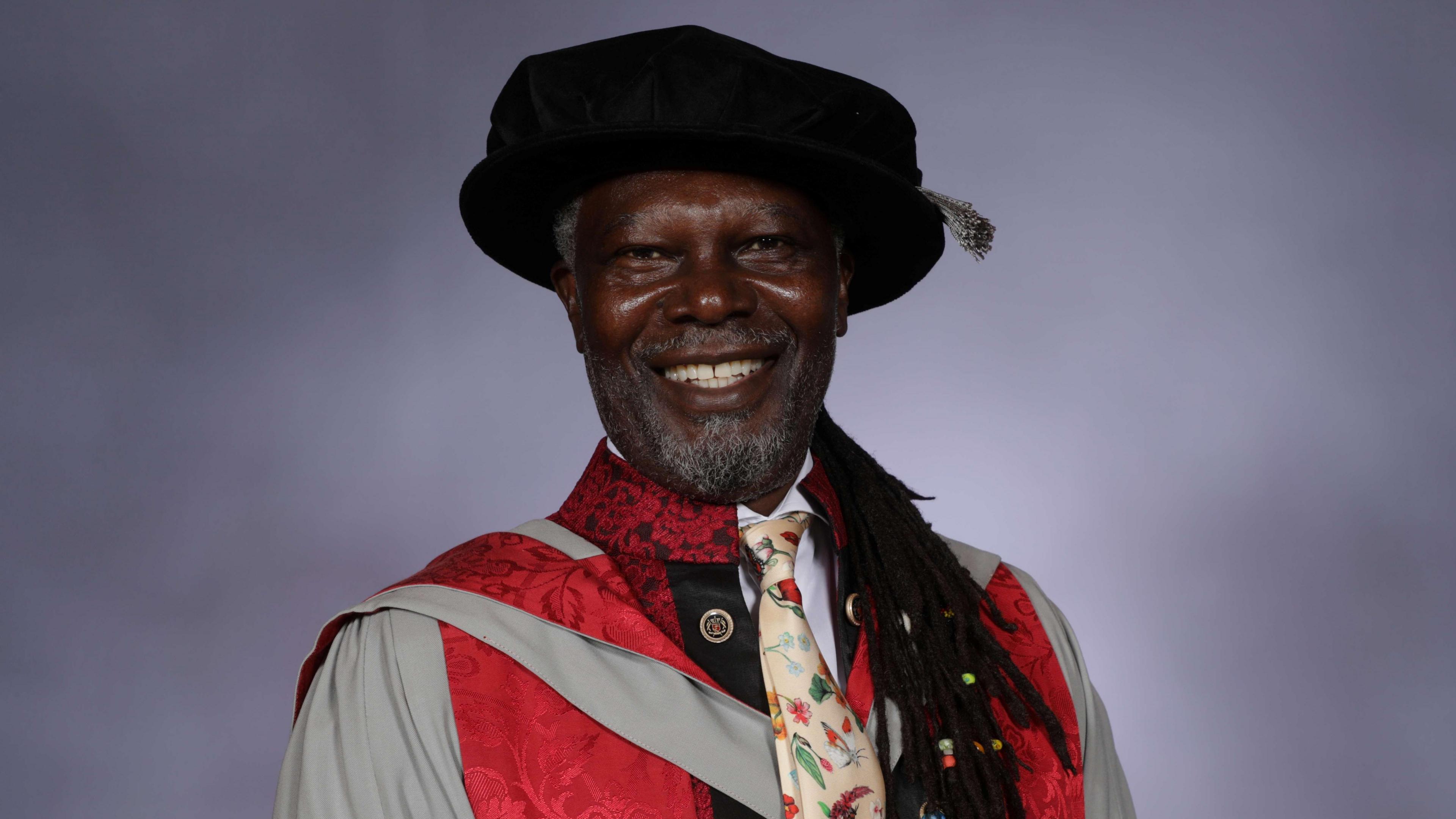
Levi Roots was awarded an Honorary Doctor of Letters
Entrepreneur, chef and musician, Levi Roots, was also among those honoured.
Roots was awarded an Honorary Doctor of Letters for his commitment to future generations, as well as the city of Bristol.
Alongside his successful Reggae Reggae Sauce business, Roots holds the position of Chair of the Board for St Pauls Carnival.
He is also an ambassador for The Prince's Trust and the Duke of Edinburgh Award Scheme.
In 2013, he launched the School of Life Tour, a philanthropic project where he visits schools, colleges, universities and prisons to inspire younger generations by sharing his own personal setbacks.
'Gave me courage'
At the ceremony, Roots said Bristol has a "very special place" in his heart.
"This city accepted me at a time when I needed support and friendship, it placed a friendly arm around me and gave me the courage to believe in myself," he said.
He added that he was "truly grateful" and "humbled" to receive his degree.
"Bristol was the first place to show me that my dream of creating a business with Reggae Reggae Sauce was possible."
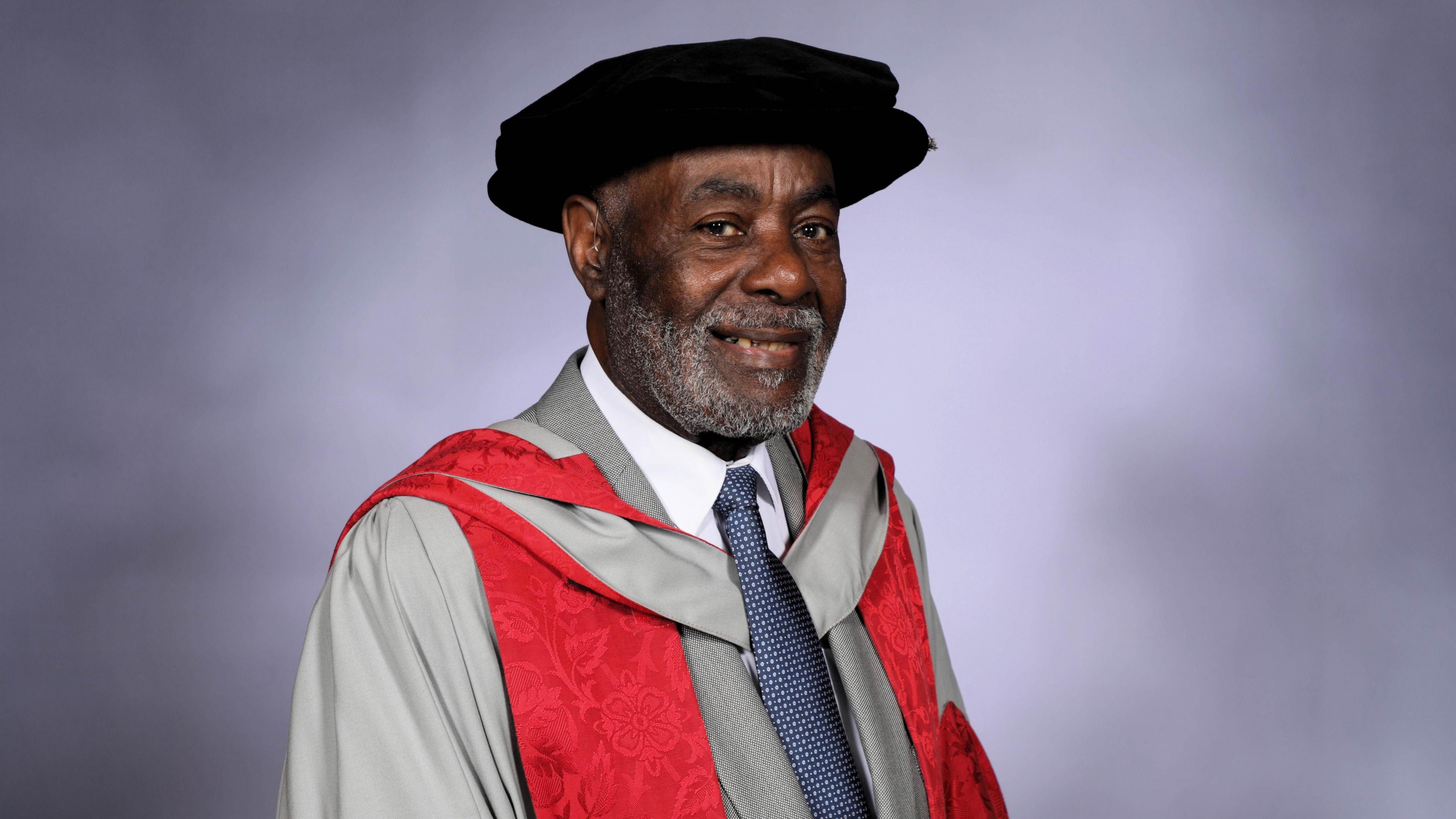
Guy Bailey OBE was awarded an Honorary Doctor of Letters
Guy Bailey OBE, a civil rights activist who was instrumental in the Bristol Bus Boycott of 1963 was awarded an Honorary Doctor of Letters for his outstanding contributions to race equality and helping communities.
Mr Bailey moved to the city from Jamaica in 1962.
A year later, at the age of 17, he applied to become a bus driver.
The Bristol Omnibus Company refused to interview him, due to the colour of his skin, leading to the boycott later that month.
A month later, the company conceded and hired Raghbir Singh as the city's first bus conductor of colour.
'Truly honoured'
The bus boycott led to the introduction of the 1965 Race Relations Act, which then evolved into the 2010 UK Equalities Act, giving rights across gender, sexuality, religion, age, disability groups and expectant mothers.
In the late 1970s, Mr Bailey became the first black education welfare officer in Bristol, as well as one of the first black governors for inner-city schools.
In 1986, he achieved his social work degree from UWE and went on to work as a youth worker with Bristol City Council.
Mr Bailey said: "I am truly honoured to receive this Honorary Doctor of Letters Degree and would like to thank all those responsible for making this award possible.
"I accept it with pride. I will never forget this day and would like to say, remember, self-care is not selfish - it’s essential."
Get in touch
Tell us which stories we should cover in Bristol
Follow BBC Bristol on Facebook, external, X, external and Instagram, external. Send your story ideas to us on email or via WhatsApp on 0800 313 4630.
Related topics
- Published25 July 2024
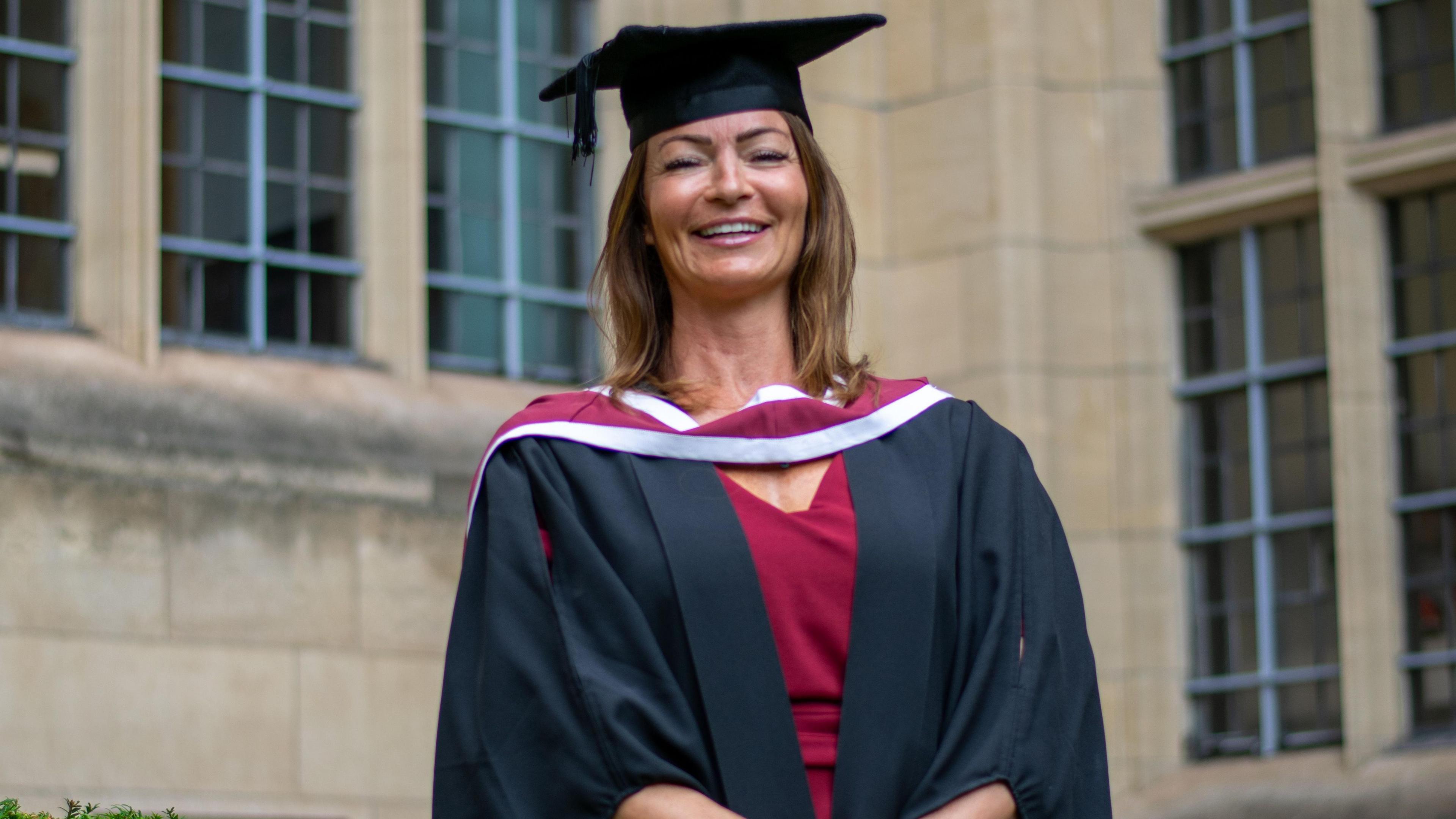
- Published23 July 2024
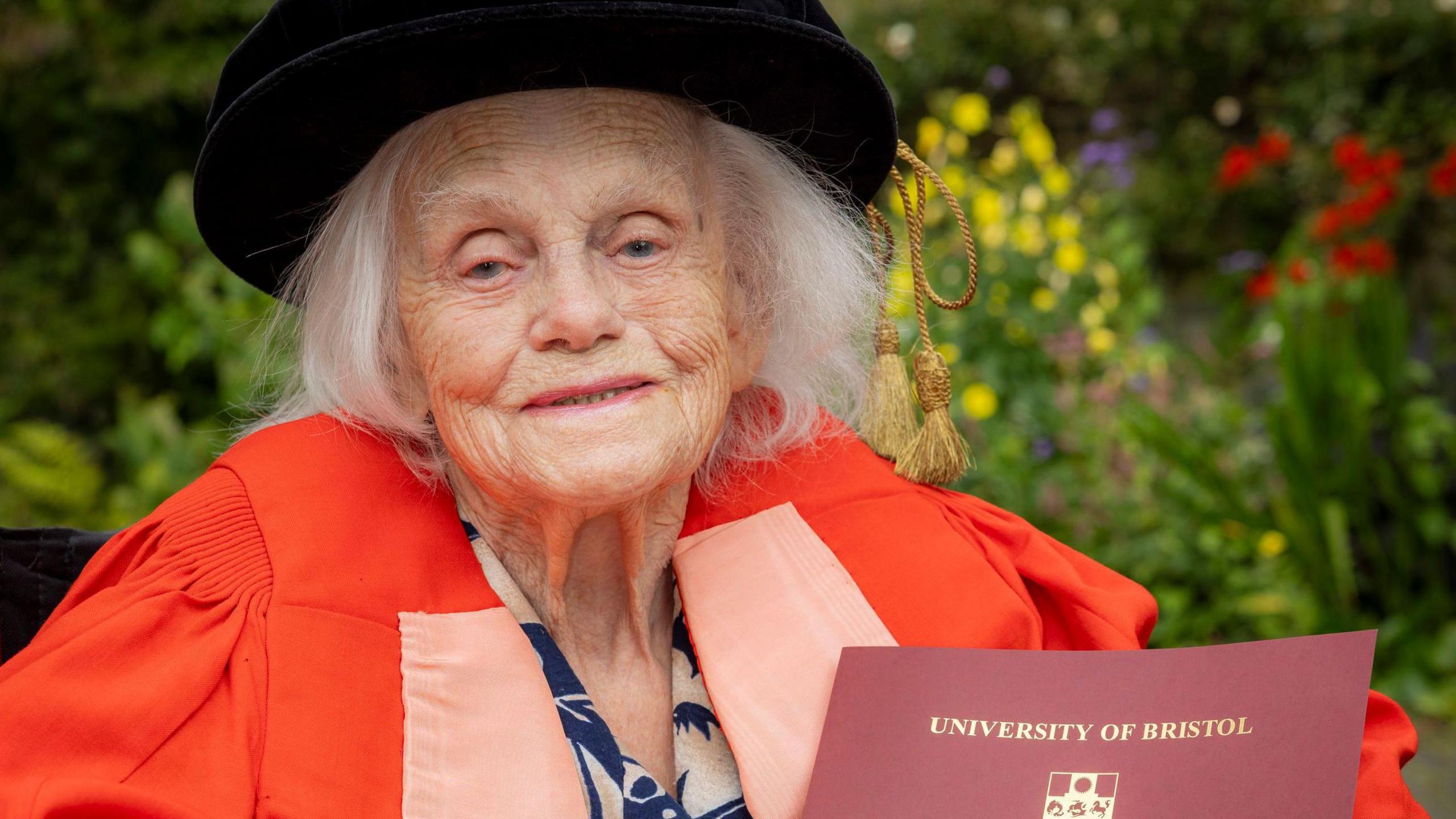
- Published25 February 2024
